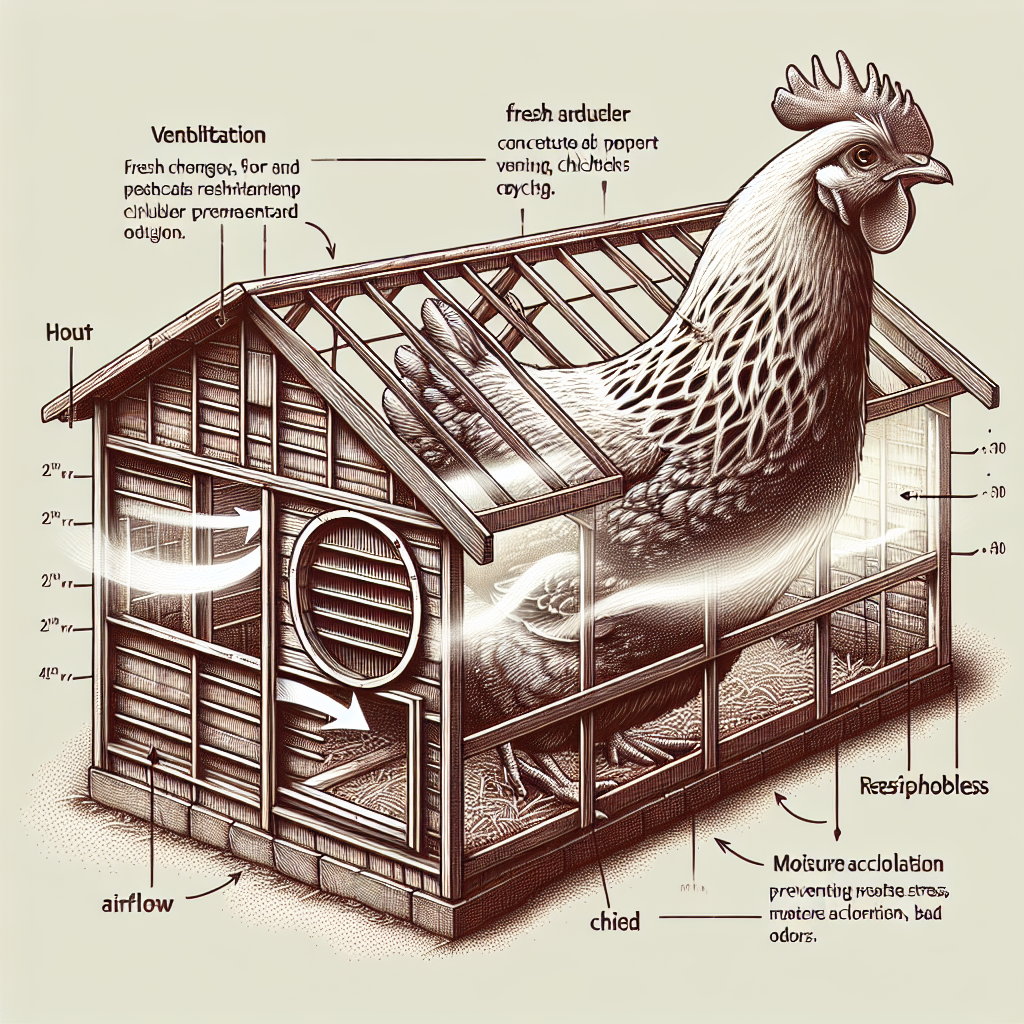In this article, you will explore the numerous benefits of regular worming and discover the proper way to go about it. Keeping your furry friends free from worms is not only crucial for their health and well-being but also for the safety of your entire household. By understanding the importance of regular worming and learning the correct methods, you can ensure that your beloved pets lead a happier and healthier life, free from the discomfort and potential dangers caused by these pesky parasites. So, let’s delve into the world of worming and uncover its invaluable benefits together!
Benefits of Regular Worming
Prevents Health Issues
Regular worming is essential for your pet’s overall health and well-being. By keeping your furry friend protected against worms, you can prevent various health issues that can arise from infestations. Worms, such as roundworms, hookworms, and tapeworms, can cause discomfort for your pet and lead to conditions like diarrhea, weight loss, anemia, and even internal organ damage. By regularly worming your pet, you significantly reduce the risk of these health problems and promote a healthier, happier life for your furry companion.
Improves Overall Well-being
When your pet is free from worms, their overall well-being is significantly improved. Worm infestations can cause your pet to feel lethargic, lose their appetite, and have a generally weakened immune system. By regularly worming your pet, you can help boost their immune system, ensuring they have the energy they need to enjoy their daily activities, play, and maintain a healthy appetite. A worm-free pet is a happy and active pet, ready to explore the world with vigor.
Reduces Spread of Worms
Regular worming not only benefits your pet but also plays a crucial role in reducing the spread of worms to other animals. Many types of worms can be easily transmitted from one pet to another through feces, contaminated soil, or even direct contact. By regularly treating your pet for worms, you decrease the chances of infesting other animals and prevent the cycle of reinfestation. This helps create a healthier environment for all pets, reducing the overall burden of worm-related health issues in the community.
Protects Other Animals
Worms can not only affect pets but also pose a risk to other animals in your household or neighborhood. For example, if your pet interacts with livestock or outdoor animals, they might accidentally transmit worms to them. Regular worming helps protect these animals from potential infestations and ensures a safe and healthy environment for all creatures. By taking proactive measures to worm your pet regularly, you play a crucial role in safeguarding the well-being of all animals around you.
Prevents Zoonotic Infections
One of the often overlooked benefits of regular worming is its role in preventing zoonotic infections. Zoonotic infections are diseases that can be transmitted from animals to humans. Some types of worms, such as roundworms and hookworms, can be transmitted to humans, posing a potential health risk, especially to children and immunocompromised individuals. By regularly worming your pet, you minimize the chances of your family members contracting these infections, ensuring everyone’s health and safety.
How to Properly Worm Your Pet
Consult a Veterinarian
Before starting any worming treatment for your pet, it is crucial to consult a veterinarian. They will assess your pet’s specific needs, taking into consideration factors such as their age, overall health, and any existing medical conditions. A veterinarian can provide advice tailored to your pet’s individual requirements and recommend the most suitable deworming products and schedules.
Choose the Right Deworming Product
There is a wide range of deworming products available on the market, each targeting specific types of worms. Depending on your pet’s needs, your veterinarian will help you choose the right product to effectively eliminate the prevalent worms in your area. From chewable tablets and spot-on treatments to deworming pastes, there are various options to ensure convenient administration and optimal efficacy for your pet’s welfare.
Follow Dosage Instructions
Once you have the appropriate deworming product, it is crucial to carefully read and follow the dosage instructions provided by the manufacturer or recommended by your veterinarian. Giving your pet the correct dosage ensures that the medication is effective in eliminating the worms and reduces the risk of potential side effects. It’s important to note that dosages can vary based on your pet’s size, age, and species, so always double-check before administering the treatment.
Timing of Deworming
The timing of deworming plays a crucial role in its effectiveness. Puppies and kittens usually need to be dewormed more frequently than adult animals due to their higher susceptibility to worms. Your veterinarian will provide guidance on the optimal deworming schedule for your pet, taking into account their age, lifestyle, and any potential exposure risks. By adhering to the recommended timing, you can ensure that your pet remains protected against worms without any gaps in their treatment.
Administering the Medication
Administering the deworming medication to your pet can sometimes be a challenge, especially if they are uncooperative or have an aversion to medication. It’s important to remain patient and calm during the process to minimize stress for both you and your furry friend. Different deworming products have different administration methods, such as mixing the medication with food or directly administering it into the mouth. Consult your veterinarian for specific tips and techniques to make the medication administration process as easy and stress-free as possible.
Repeat Regularly
Regularity is key when it comes to effective worming. Depending on the specific product and your pet’s risk factors, your veterinarian will provide guidance on how frequently your pet should be wormed. In most cases, it is recommended to worm your pet every three to six months, or as advised by your veterinarian. By adhering to the recommended schedule, you ensure continuous protection against worms and minimize the chances of infestations and associated health issues.
In conclusion, the benefits of regular worming for your pet are extensive. It not only prevents health issues and improves their overall well-being but also reduces the spread of worms, protects other animals, and helps prevent zoonotic infections. By following the proper worming procedures, including consulting a veterinarian, choosing the right deworming product, following dosage instructions, timing the deworming appropriately, administering the medication correctly, and repeating regular treatment, you can ensure that your beloved pet leads a healthy, happy, and worm-free life. So why wait? Take the necessary steps to protect your pet and create a safe environment for all creatures today!




